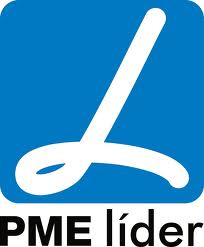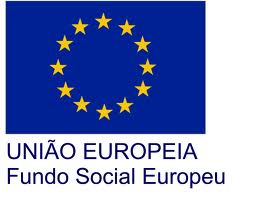


 + 351 253 520 550 (chamada para a rede fixa nacional)
+ 351 253 520 550 (chamada para a rede fixa nacional)
 |
|||
|
>> Products ____________________________ >> Industry ____________________________ >> Textile ____________________________ ____________________________ >> Agriculture ____________________________ >> Automotive ____________________________ >> Food ____________________________ |
Polyvinyl Chloride (PVC) PVC - polyvinyl chloride (PVC) is one of the most versatile plastics and due to this feature it is one of the most studied and used in the today’s materials. This versatility makes the PVC present in our daily lives in various sectors of the economy: • Construction ( liners , window profile , pipe, fittings , bathroom rugs , wires and cables , garden hoses , flooring , expansion joints , etc ... ) • General industry ( rigid profiles , safety boots , gloves , hoses with and without rigid soul and etc ... • Industry toys • Automotive ( electrical wiring , side moldings , hoses etc ... ) • Industry shoes ( soles, sandals and so on ... ) • Medical industry / hospital ( bags of blood and serum, catheters , connectors , etc ... ) • Food industry ( stretchable films , bottles , etc. . ) Key features of PVC • Durability : made from PVC products have long life , enabling its application in durable goods such as water and sewage pipes , wires and cables , industrial profiles , windows , ceilings , etc. ... • Non-flabillionable : owing to the chlorine in its molecule , PVC will not burn or ignite easily alone. For this reason it is extensively used to insulate and protect electrical cables and other inputs in the construction , automotive , appliances, household goods , etc. industry. • Chemically Stable : generally PVC has good resistance to acids and bases which enables its use in the medical industry / hospital, food and industrial . Due to their chemical inertness PVC packaging preserves the organoleptic properties of the packaged product. • Energy recovery : PVC has a high energy value . In modern systems of waste energy recovery , where emissions are very subsidiaries , PVC can provide energy and heat in industry , homes or elsewhere. • Easy to process : working with appropriate equipment , PVC is processed in most industrial processing of thermoplastic materials ( injection , extrusion , calendering , blow , etc ... ) • Easy to recycle : due to being a thermoplastic resin PVC is 100 % recyclable. • Barrier properties : low permeability to oxygen and carbon dioxide which enables its application in food industry. • Resistant to light • Good Thermal Insulation and Acoustic • Excellent Cost / Benefit
|
||





